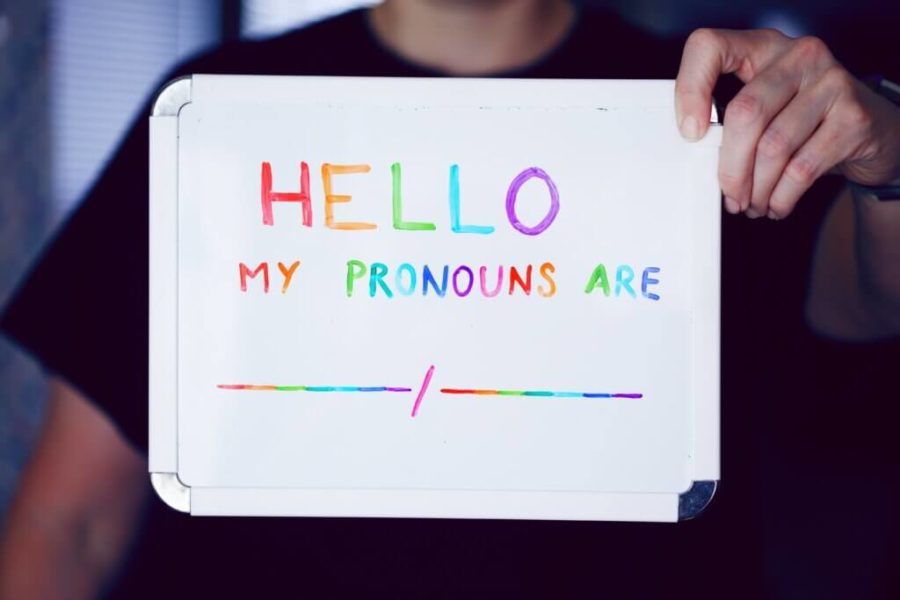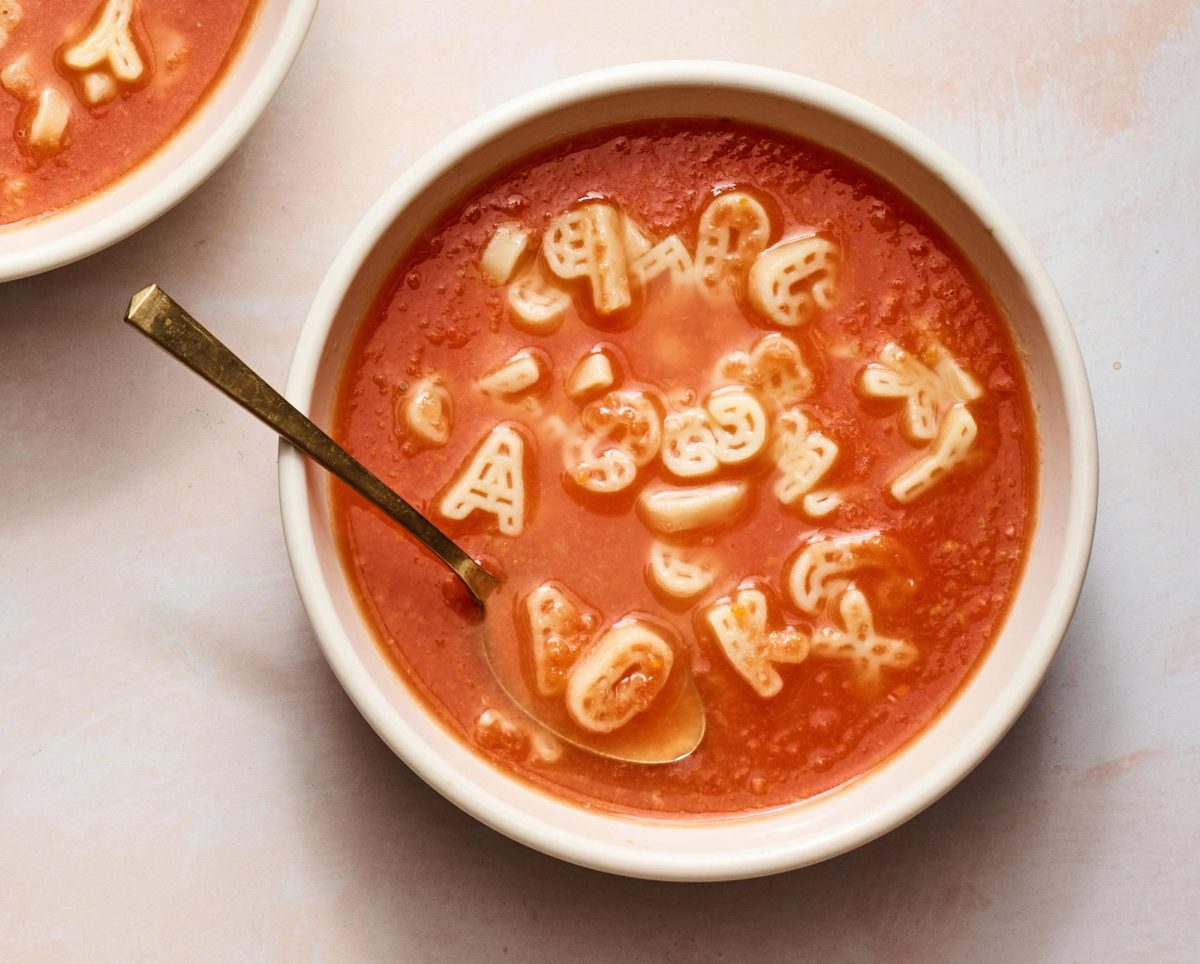“Adopt don’t shop,” a popular slogan pertaining to the widely-regarded belief of the morally correct way to come to own a dog. Many may disregard, or not have even heard of this saying; they think that the process of adopting a dog doesn’t mean much. A dogs a dog, right? The only concern is about their future dog, but what about the effect it has on all future dogs?
6.2 million of the 700 million dogs on record die each year. Only 3.8 million of those have homes. 23% of those dogs come from shelters. 34% come from breeders. Shelters hold nearly 4 million dogs a year, and only 2 million of those are adopted. Meanwhile, unethical breeders are over breeding and creating more of an overflow of dogs placed in shelters or worse. There is no need to produce more dogs when there is no shortage of perfectly friendly dogs spending their lives in shelters and being euthanized for the sake of space and lack of funding.
Dogs are a common addition to families, with an undeniable popularity with 471 million dogs being kept as pets. The popularity of dog ownership creates an opportunity for people to make quick money. It’s simple economics; supply and demand. Immoral people who are only in it for the money tend to neglect the breeding dogs or even keep them in abusive conditions. The dogs do not receive proper medical attention, food, or safe housing. It is important to be able to identify an unethical breeder and not give them any money so these horrible practices can discontinue.
Unethical breeders, who only breed dogs to make money and do not provide sufficient care also do not care for the genetics the dog will pass on, possibly creating dogs with horrible physical ailments that change the way they look or function. Uninformed people will find some of the overbreeding effects on dogs cute, and thus increase the demand, possibly changing how that specific breed looks forever. Some examples of breeds negatively affected by breeding are pugs and dachshunds.
In order to avoid supporting unethical and abusive breeders, here’s how to properly identify a good dog breeder. First of all, word of mouth is an extremely essential aspect. Make sure to see what others think of the breeder you’re looking into. Secondly, there are breed and kennel clubs that a good breeder is sure to be associated with. Finally, visit the breeding facility and meet the parents of the dog you’re planning on adopting.

























